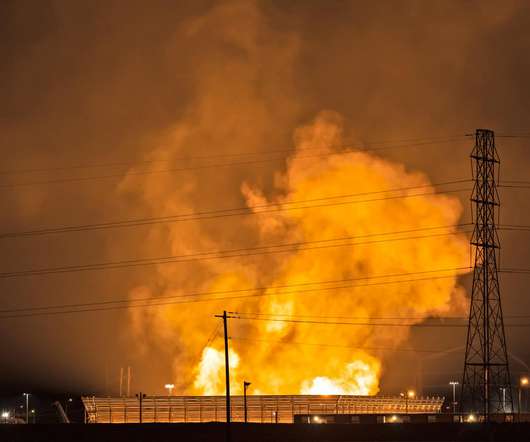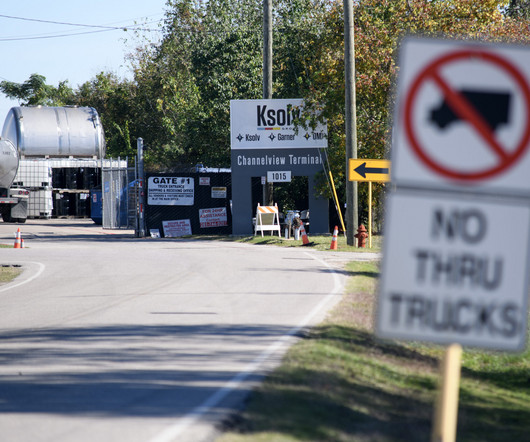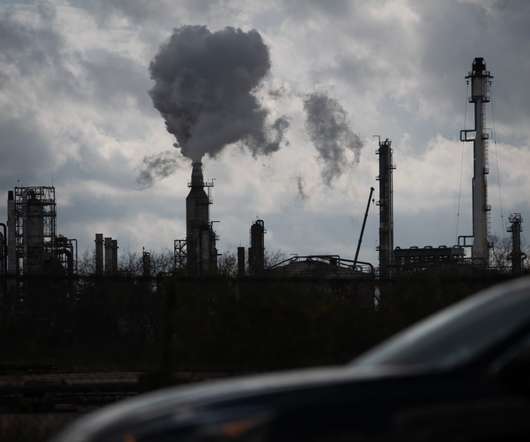As Alarm Over Plastic Grows, Saudis Ramp Up Production in the US
DeSmogBlog
JULY 14, 2022
Rather than transforming the fossilized remains of organisms into gasoline and other motor fuels, the Texas plant breaks apart the molecular structure of oil, through a process called cracking, which turns it into the primary ingredient for car seats, single-use plastic bags, plastic coffee cups and much more.














Let's personalize your content